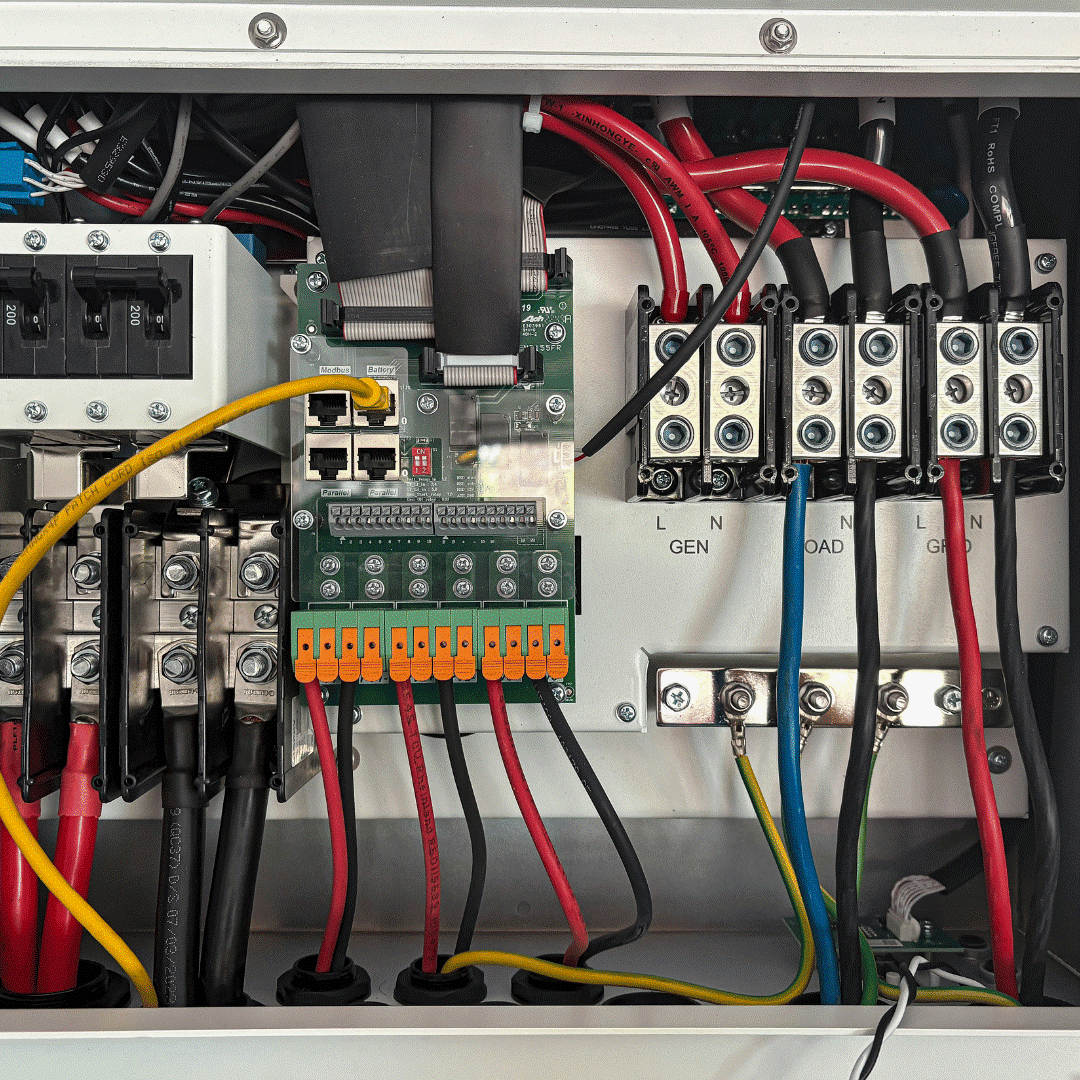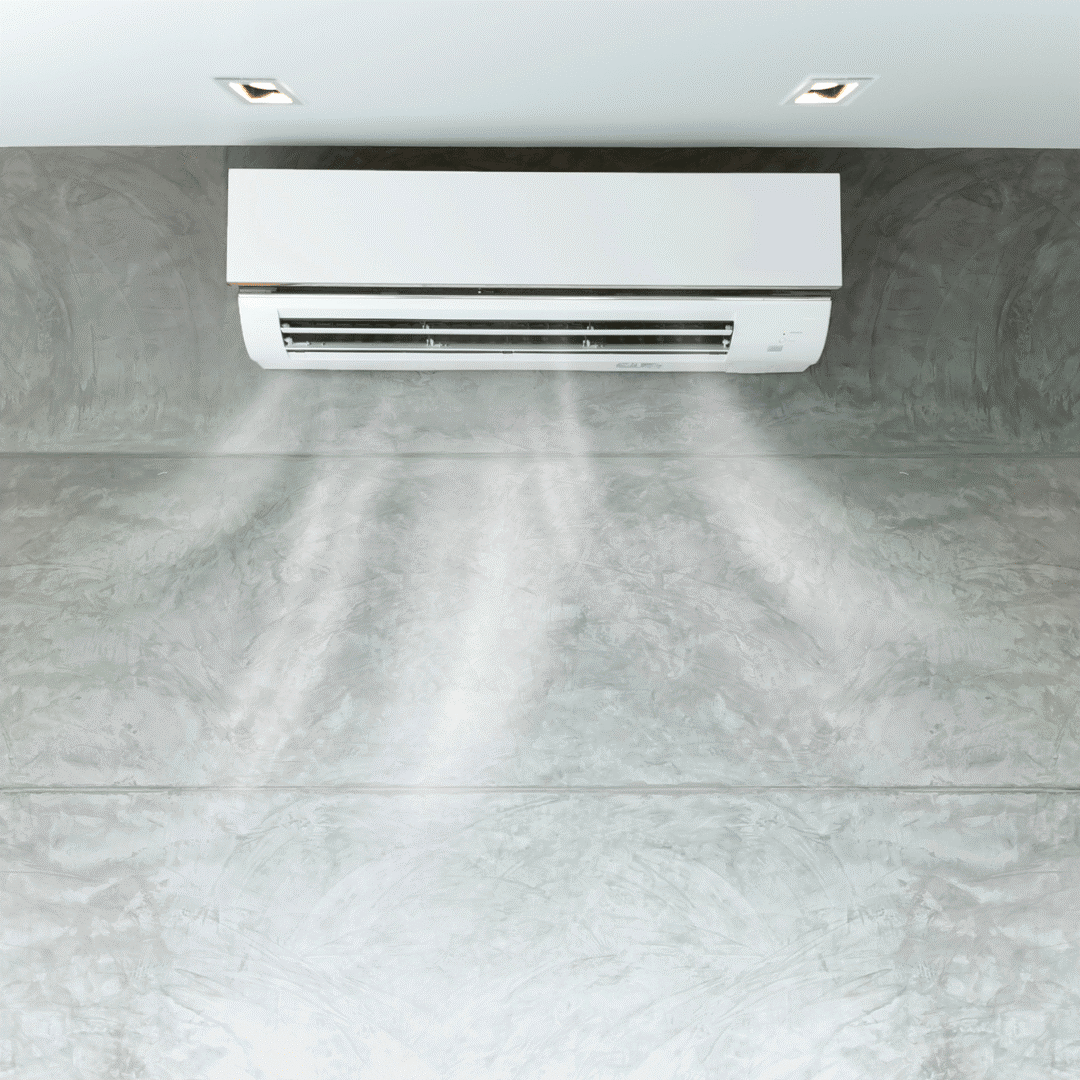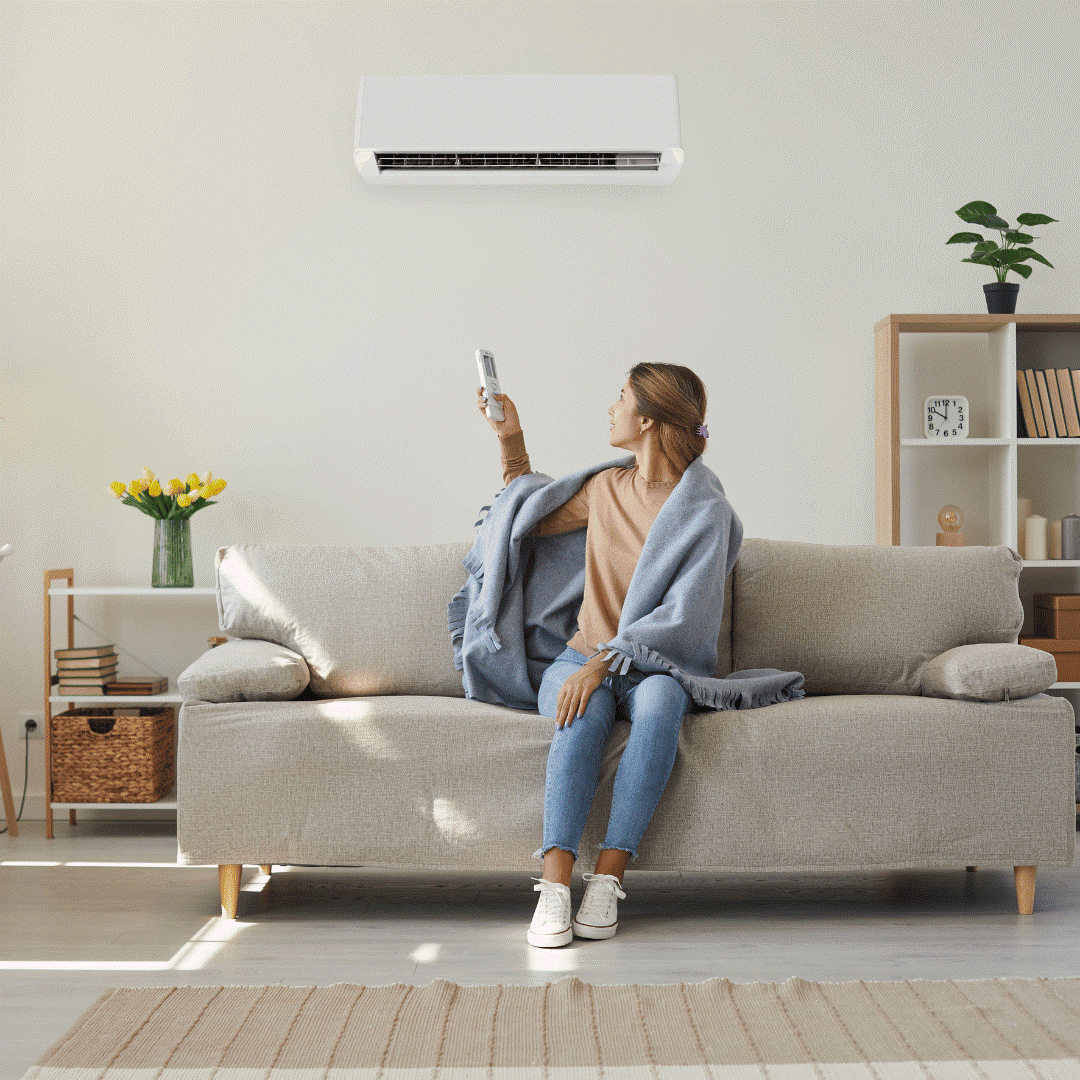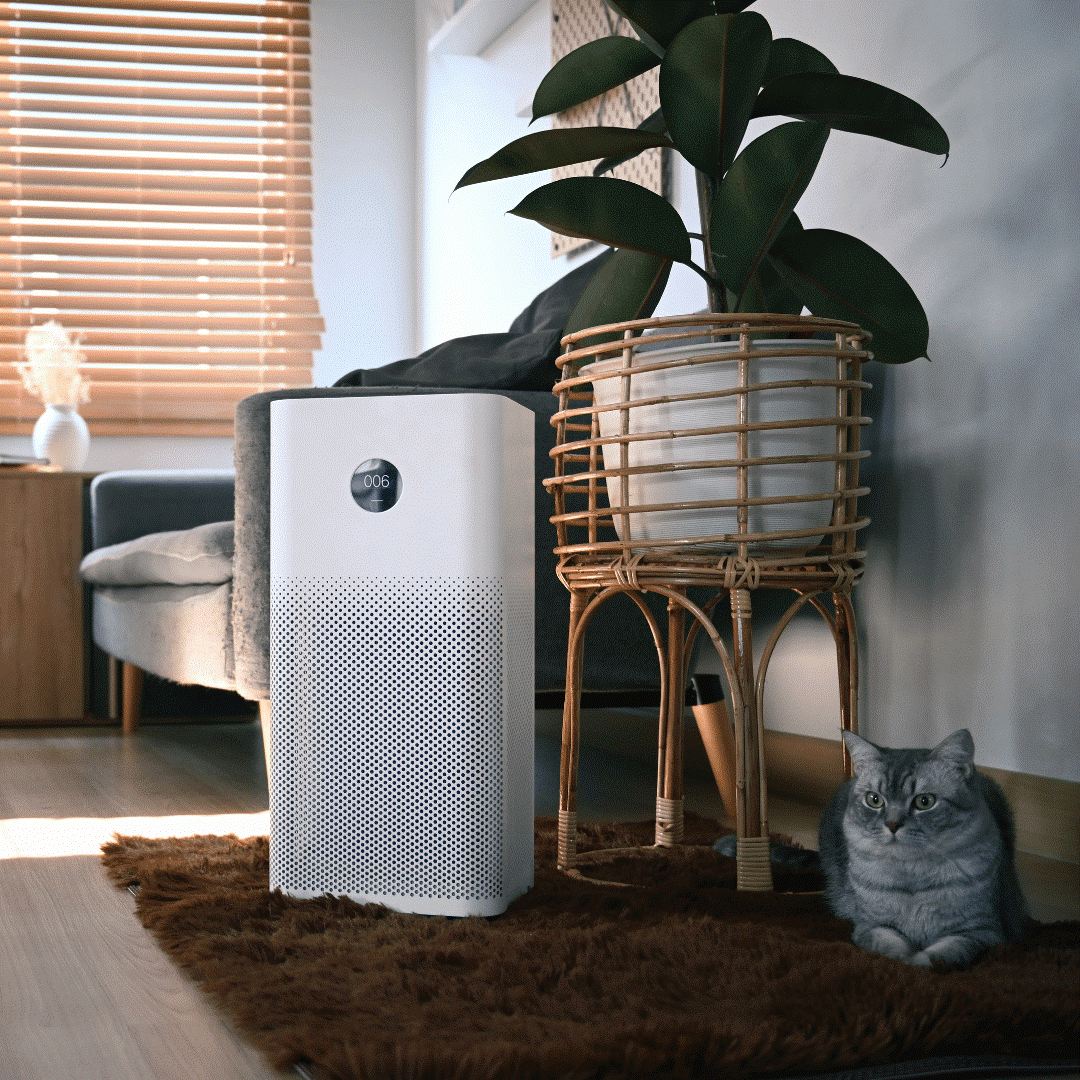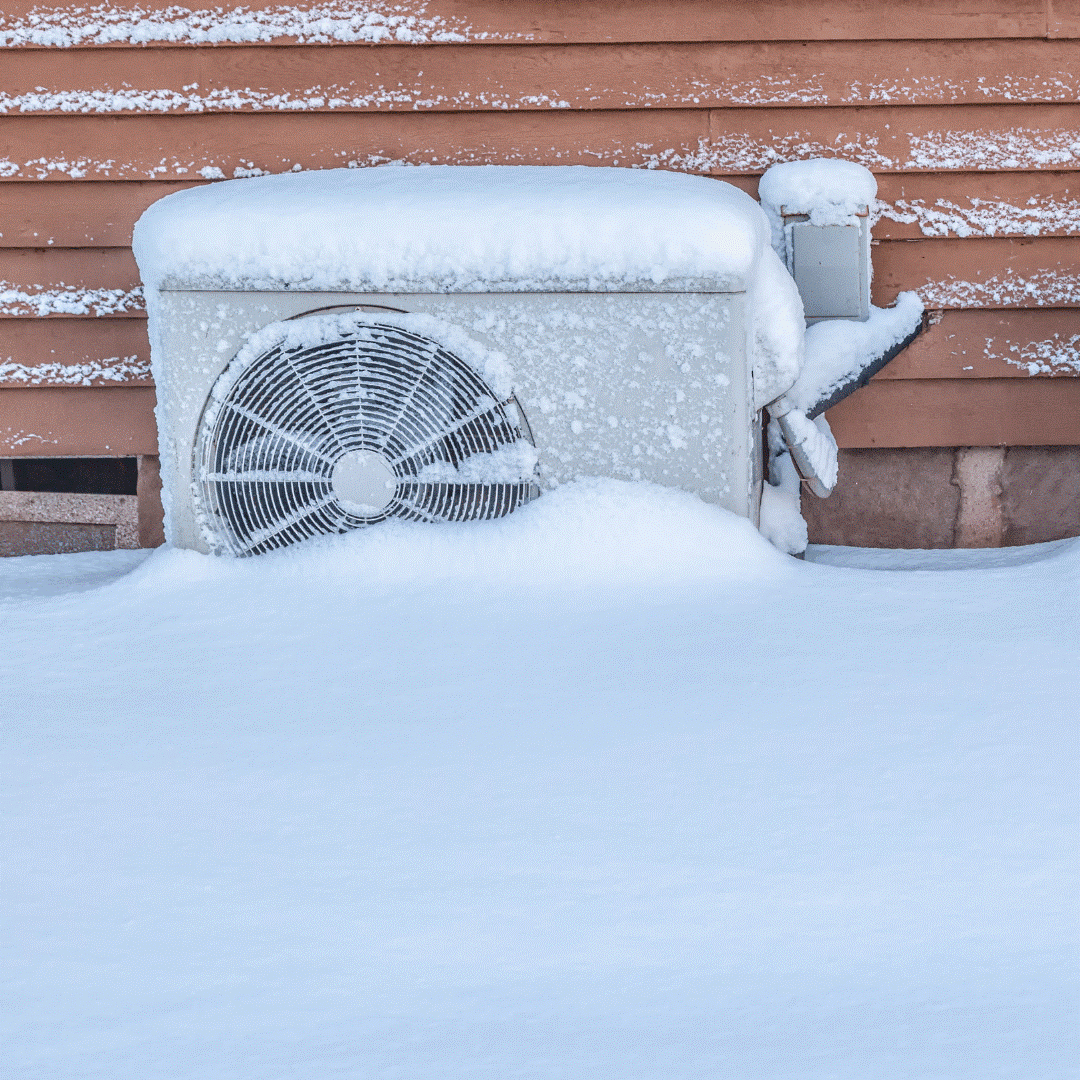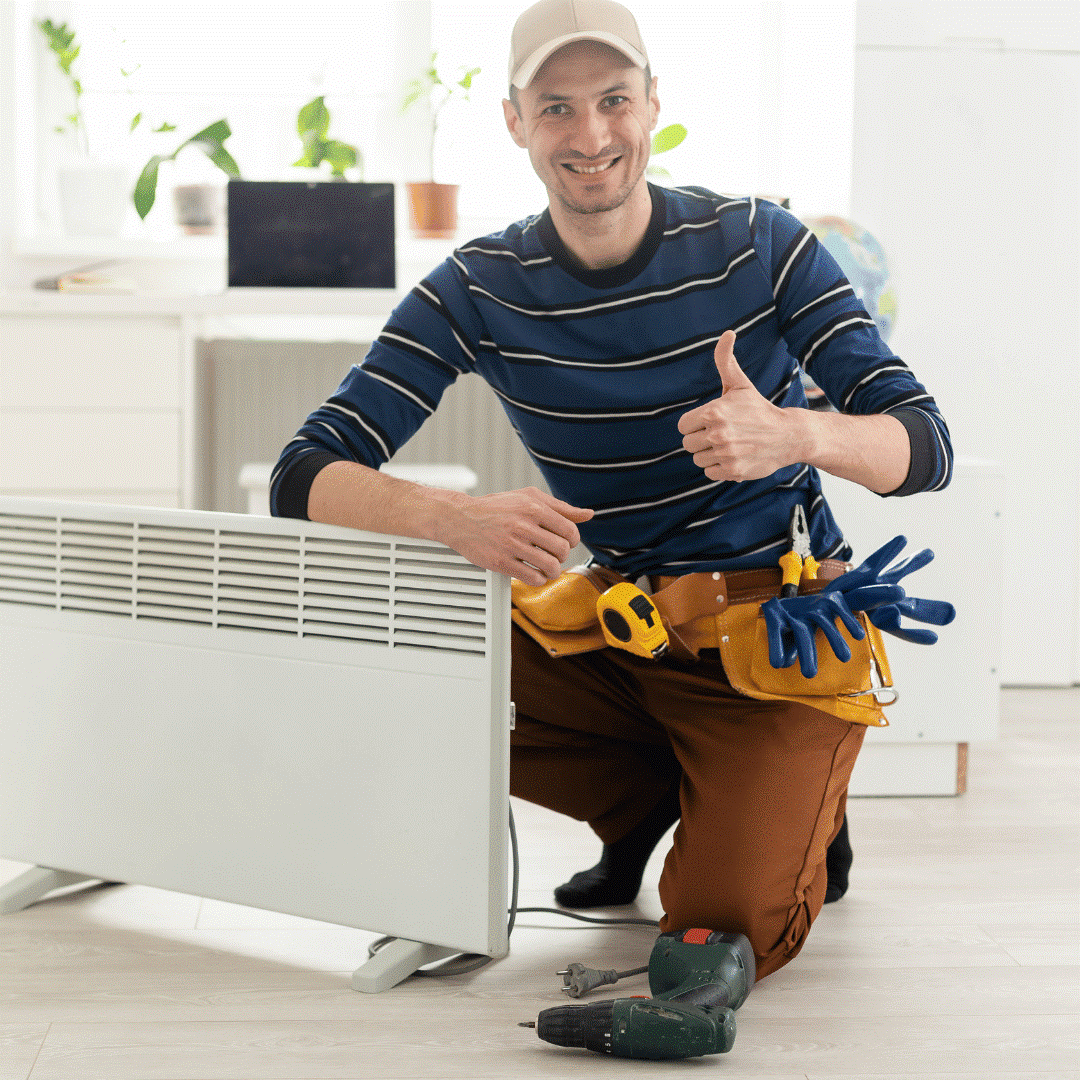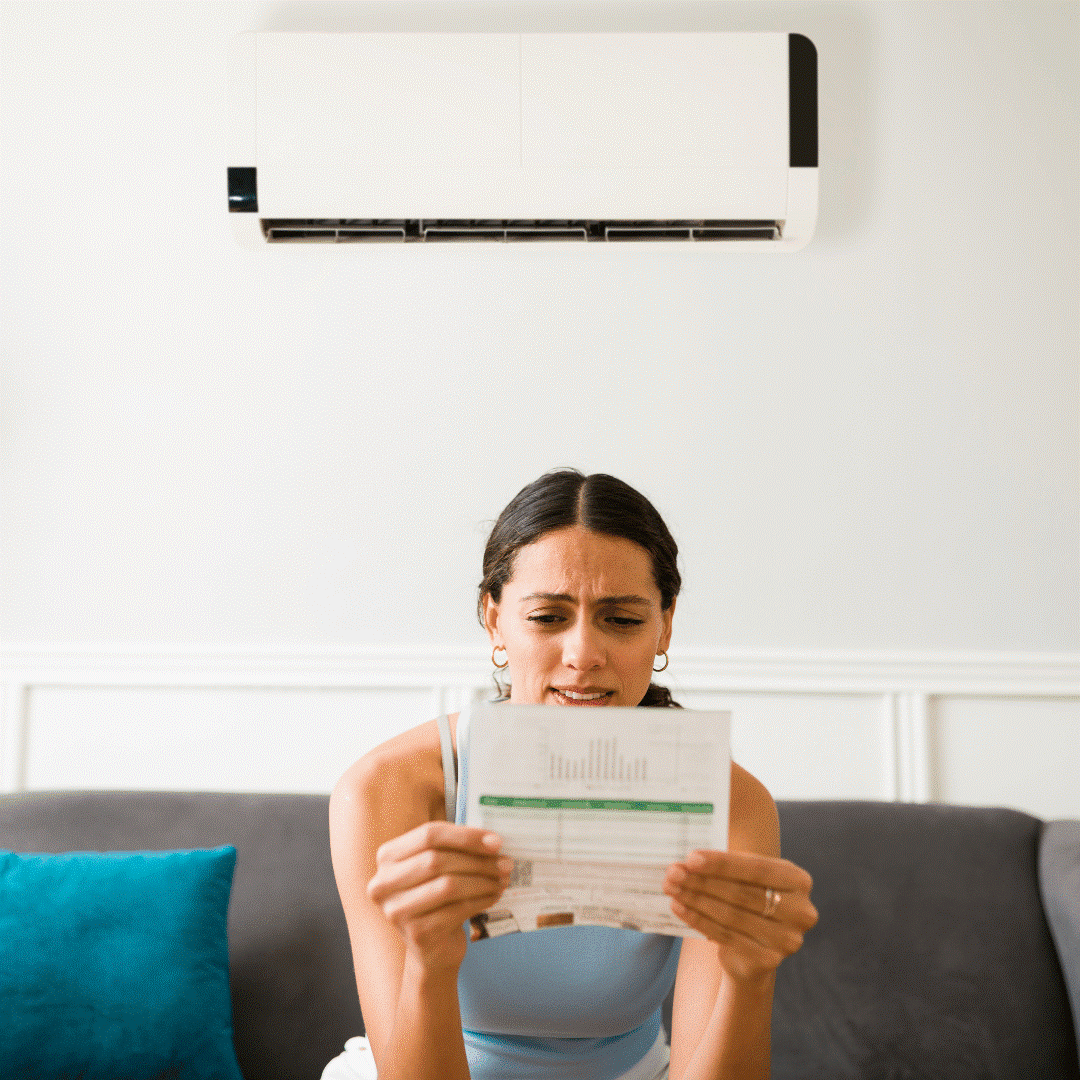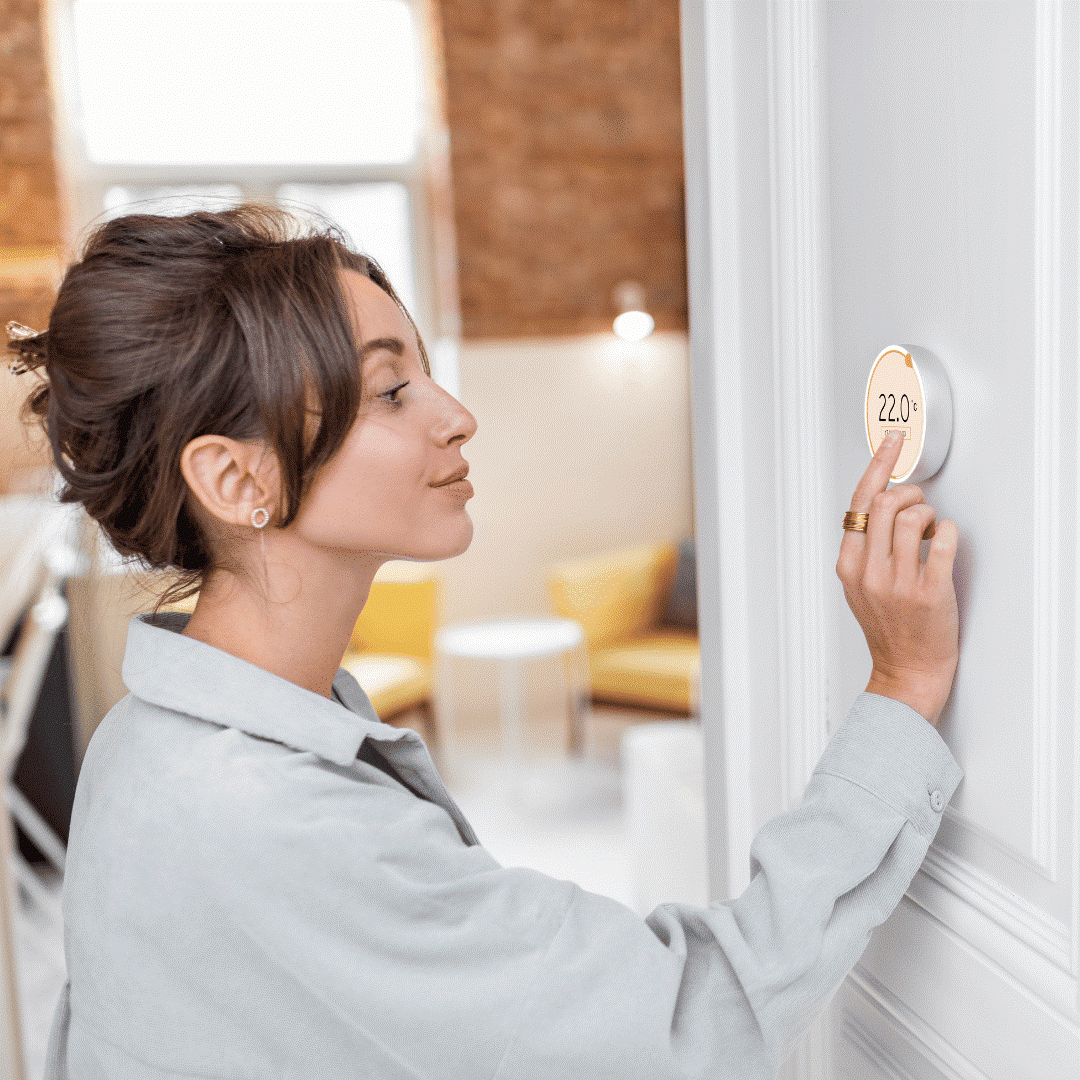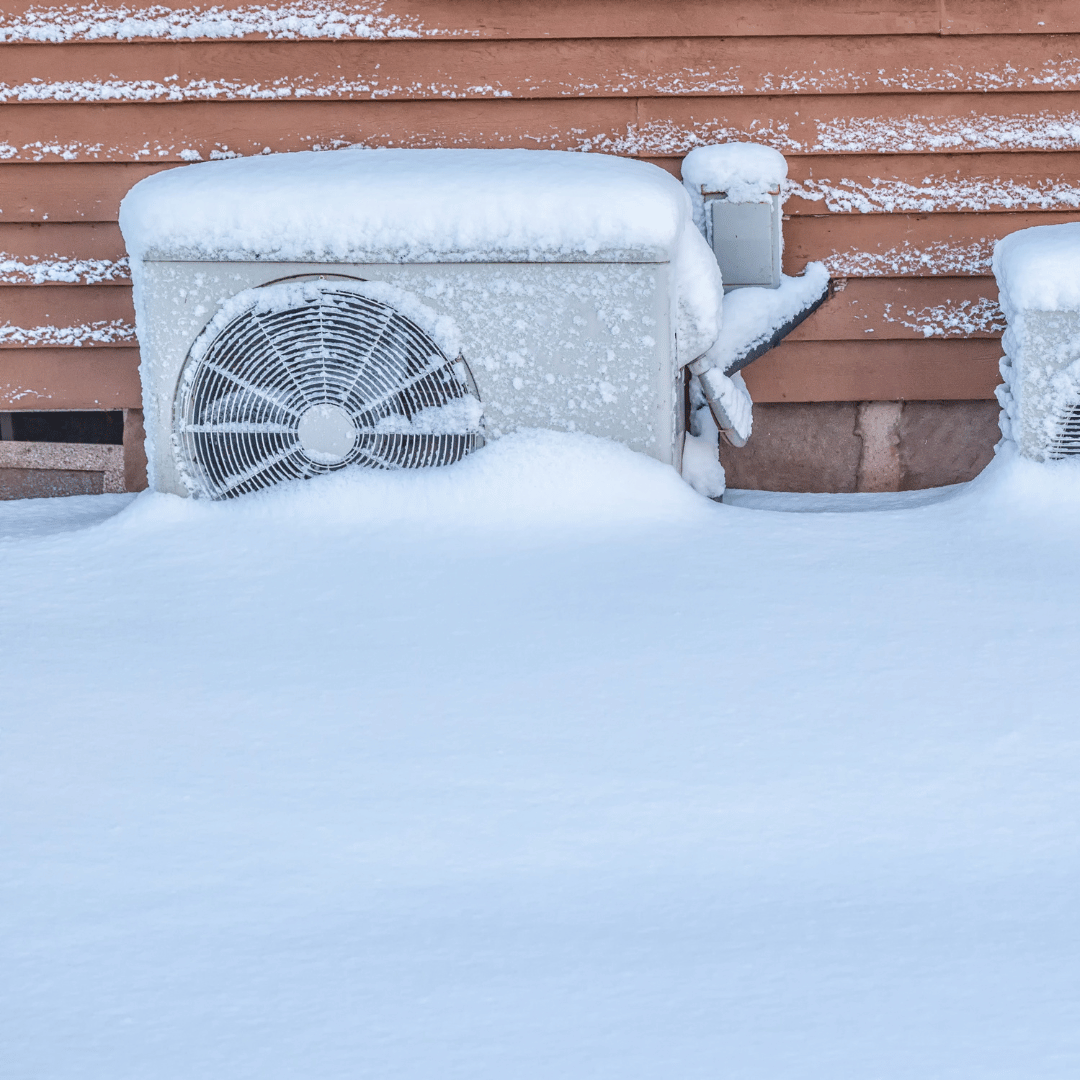What You Should Know Before Replacing Your Heating Unit
When the chill of winter sets in, a reliable heating unit becomes the heart of any home; however, as time passes, these systems age, and homeowners may find themselves at a crossroads – whether to repair or replace their heating unit. In this comprehensive guide, we will delve into many factors that every homeowner should consider before deciding to replace their heating system. Salt Air Heating Cooling & Electrical is here to guide you through this process, ensuring your home stays warm and comfortable.
How does a central heating system work in a house?
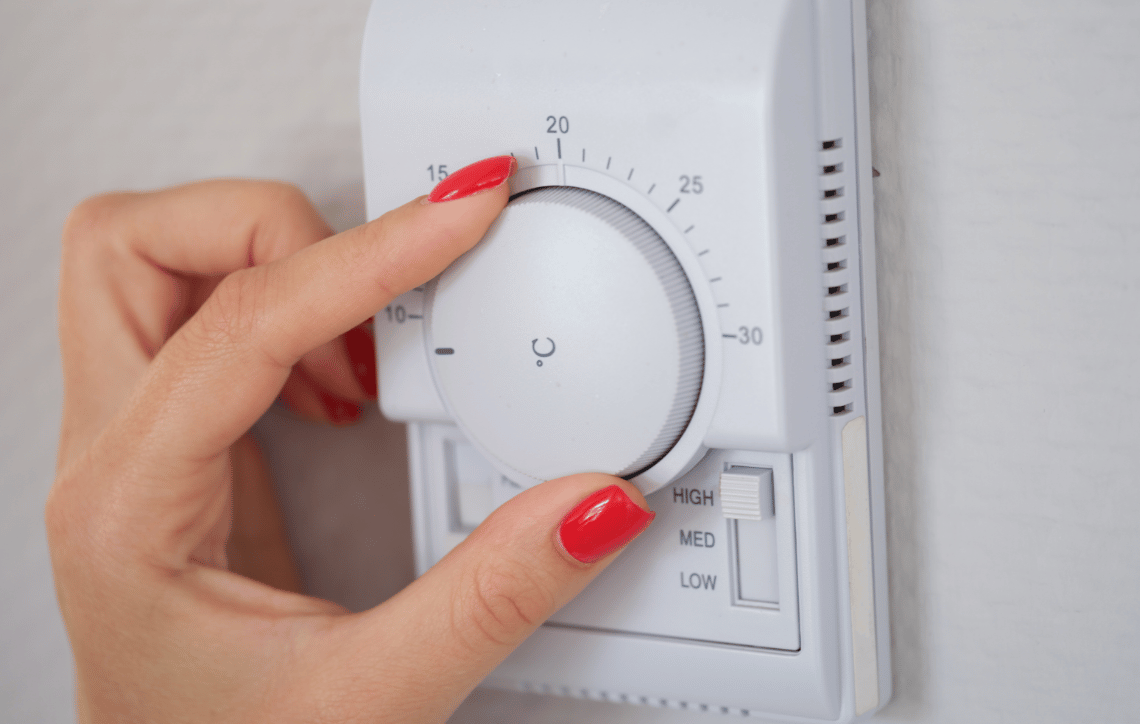
A central heating system consists of a boiler, heat pump, or furnace. The furnace contains several parts, including burners that deliver and burn fuel, a blower, heat exchangers, and a flue. The furnace will push air through the heat exchanger. Then, it will pump the warmed air through your air ducts to distribute heat throughout your home. The Heat pump works by moving heat from one location to another using electricity and refrigerant. The boiler, on the other hand, uses gas, oil, or propane to heat water, which is then circulated through pipes in your home to provide warmth.
Heating Repair vs. Replacement
Before you jump into replacing your heating unit, it’s important to know whether repair or replacement is the better option. If your heating unit is relatively new and has only minor issues, then repairing may be a more cost-effective solution. However, if your unit is older and constantly breaking down, replacing it may be a smarter long-term investment. While heating system repairs may seem like the cheaper and easier option, they may not always be the most cost-effective in the long run.
Signs that indicate the need for heating repair services.
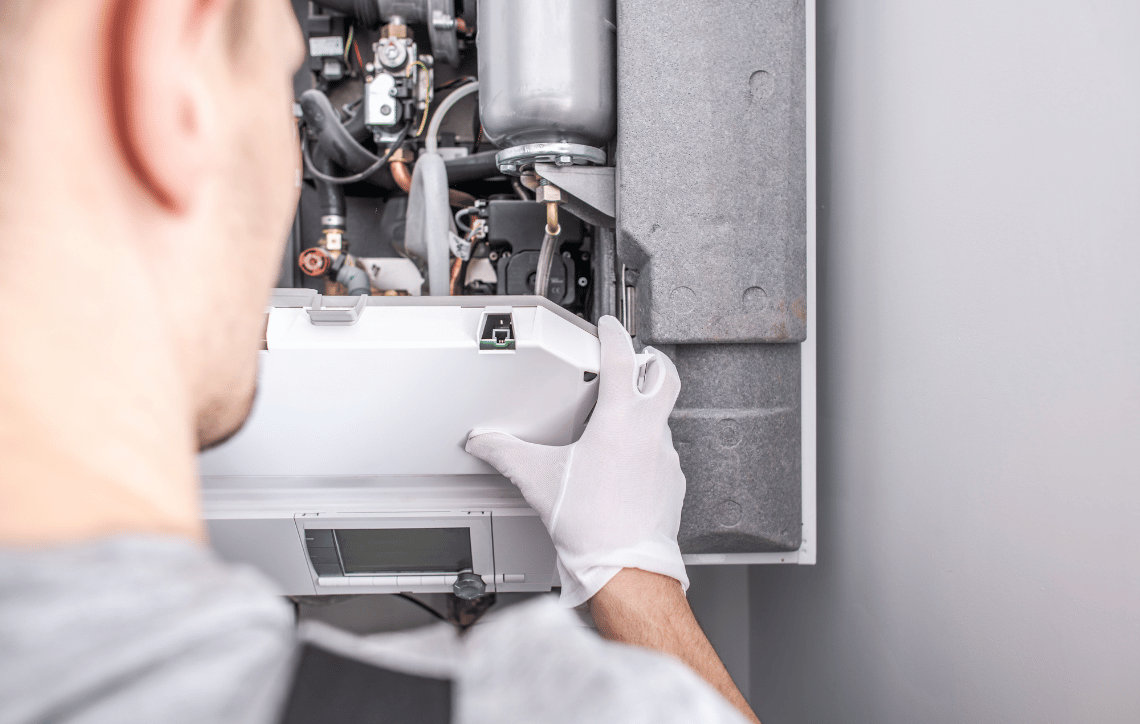
Before deciding to replace your heating unit, it is important to understand the common heating problems.
These signs can include strange noises coming from the unit, such as:
- Rattling or banging sounds which could indicate a mechanical issue.
- Uneven heating throughout your home, where some rooms may be warmer or cooler than others, suggests a problem with heat distribution.
- If you notice a sudden increase in your energy bills without any other explanation, it could be a result of an inefficient heating unit.
- If your heating unit requires frequent repairs, it may be a sign that it is reaching the end of its lifespan.
- Your system is outdated and incurring high energy bills.
- You lack a programmable thermostat.
- The air quality in your home could be better despite regular filter changes and cleaning.
- Your furnace is over 15 years old.
- Replacement parts are difficult to find due to the age of your unit.
When to replace instead of repairing
While repairs can be a quick fix, there are certain situations where replacing your heating unit may be the better option. These include:
- Constant breakdowns: If your unit is constantly breaking down and requiring repairs, it may be more cost-effective in the long run to replace it with a newer, more reliable model.
- Age of unit: The average lifespan of a heating unit is between 15-20 years. If your unit is approaching this age, it may be time to start considering replacement options before any major issues occur.
- Safety concerns: If your heating unit is showing signs of carbon monoxide leaks or other safety concerns, it is best to replace it immediately for the safety of your home and family.
- Obsolete technology: Older units may no longer meet current efficiency standards, resulting in higher electricity bills. Replacing with a newer model can save you money on utility costs in the long run.
What you need to know before replacing your heating unit.
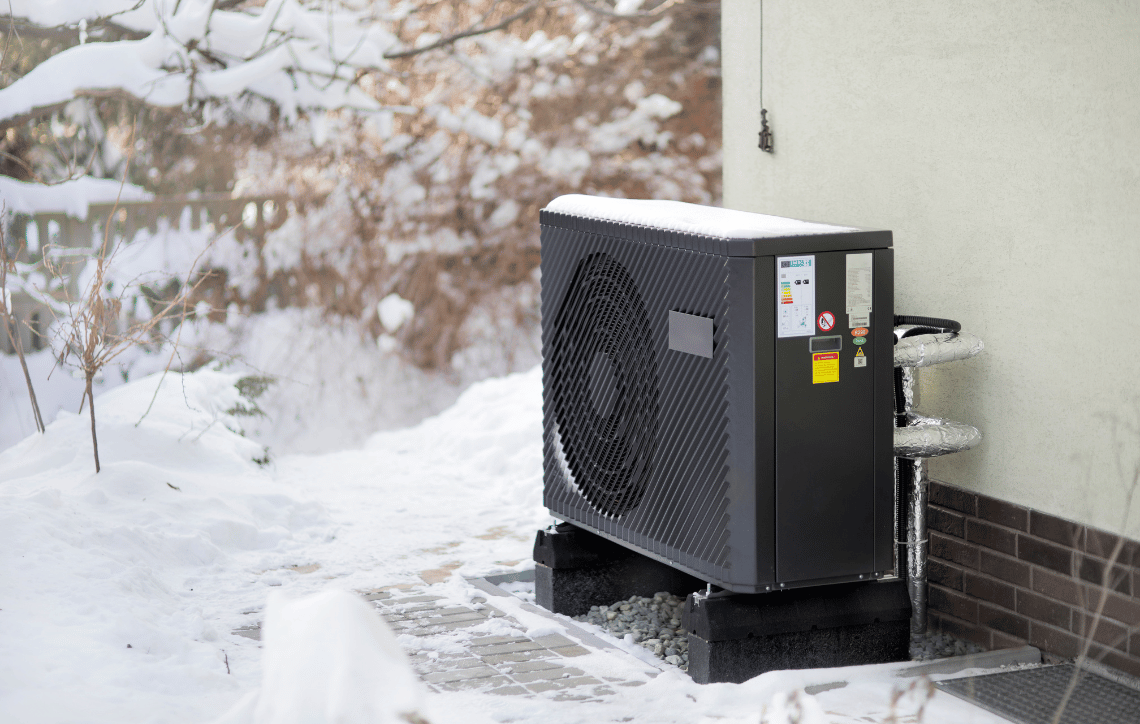
Assessing the Age and Efficiency
The age of your heating unit plays a pivotal role in its performance and efficiency. Most heating systems have a lifespan of 15 to 20 years, depending on factors such as maintenance and usage patterns. If your unit is nearing or has surpassed this range, it might be more cost-effective to invest in a new, energy-efficient model with the latest technological advancements.
Evaluating Repair Costs
Before deciding on whether to replace your heating unit, it is important to thoroughly evaluate the repair costs associated with your existing system. Take into account not only the immediate repair expenses but also the long-term benefits of investing in a new unit. If the repair costs are approaching or surpassing 50% of the cost of a new system, it may be financially prudent to consider a replacement.
Energy Efficiency and Environmental Impact
In today's eco-conscious era, homeowners are becoming more and more concerned about energy efficiency and the environmental impact of their choices. As a result, many are considering upgrading to a newer, more advanced heating system that not only provides better performance but also significantly reduces their carbon footprint.
When looking for a new heating unit, especially furnaces, it's important to pay attention to the AFUE (Annual Fuel Utilization Efficiency) ratings. AFUE ratings pertain solely to furnaces. Choosing a furnace with a high AFUE rating means opting for better energy efficiency and ultimately contributing to a greener planet. Investing in an energy-efficient heating system not only benefits the environment but also helps you save on energy costs in the long run.
Sizing and Compatibility
Heating units are not one-size-fits-all; their efficiency depends on proper sizing and compatibility with your home. An undersized unit will struggle to meet your heating demands, leading to increased wear and tear, higher energy consumption, and potentially uncomfortable indoor temperatures. On the other hand, an oversized unit may short cycle, which wastes energy and puts unnecessary stress on the system components, leading to premature failure and costly repairs. Estimate your heating requirements and consult a professional to ensure proper sizing and compatibility before making a purchase.
Financial Incentives and Rebates
Replacing your heating unit can indeed be a substantial financial investment. However, it's important to note that there are various incentives and rebates available to help offset the costs. Many governments and energy companies recognize the importance of energy efficiency and offer attractive incentives for upgrading to energy-efficient systems.
Hire a professional to install the unit
By hiring a licensed professional, you can have peace of mind knowing that your heating system is in capable hands. Professionals possess the necessary skills and experience to handle the installation process with precision and accuracy. They are equipped with the knowledge to address any challenges that may arise during the installation.
Moreover, a professional installer can provide valuable insights and recommendations to optimize the performance and energy efficiency of your heating unit. They will ensure that the system is installed according to manufacturer specifications and local building codes, minimizing the risk of future malfunctions and safety hazards. Regular maintenance and servicing are also essential to keep your heating unit running smoothly and efficiently. With the help of a professional, you can rest assured that your investment will provide reliable and comfortable heating for years to come.
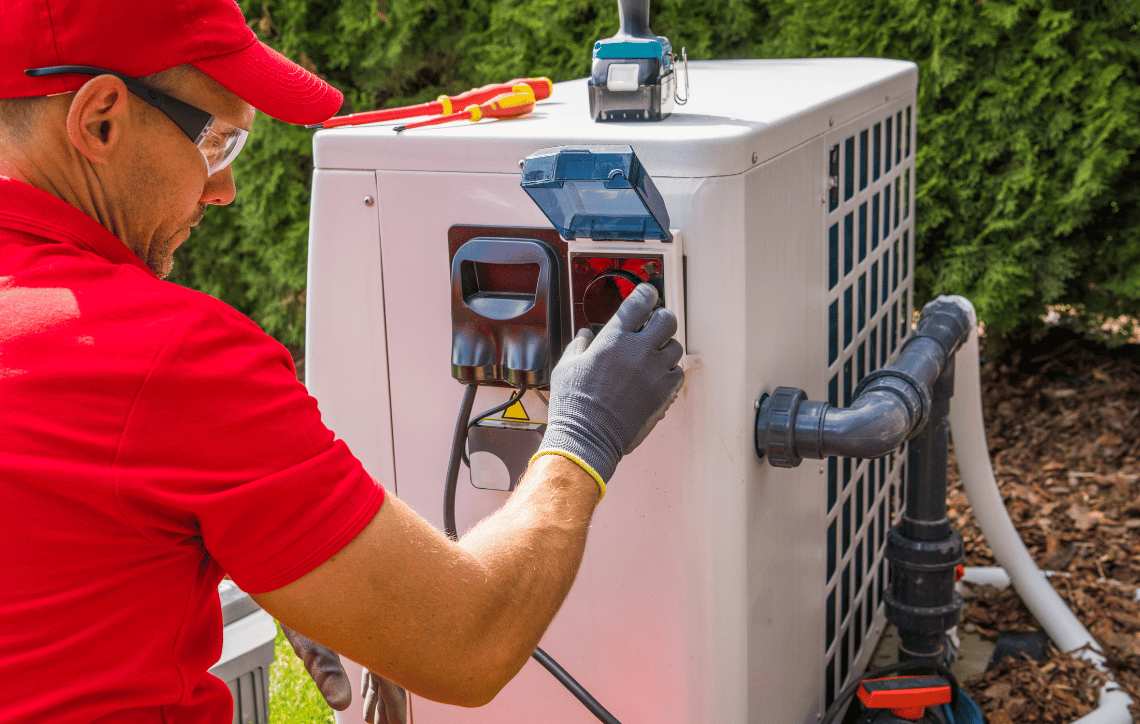
In conclusion, replacing your heating unit is a decision that requires careful consideration of various factors. By taking these factors into account, you can make an informed decision that not only keeps your home warm and comfortable but also contributes to long-term energy savings and sustainability.
Ready to upgrade your heating unit?
Contact Salt Air Heating Cooling & Electrical today for a professional assessment and personalized guidance on choosing the perfect heating system for your home. Let us help you make the right choice for a warm and efficient home. Schedule your consultation now and experience the Salt Air Heating Cooling & Electrical differences.
